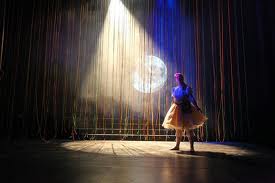

In Champions of Change: The Impact of the Arts on Learning, the preeminent study on the usefulness and importance of the arts as a teaching and achievement tool, Richard Riley, Secretary, Department of Education, wrote. “The ultimate challenge for American education is to place all children on pathways toward success in school and in life. Through engagement with the arts, young people can better begin life long journeys of developing their capabilities and contributing to the world around them. The arts teach young people how to learn by giving them the first step: the desire to learn.”
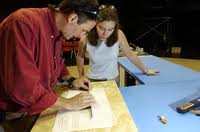
The publication Champions of Change is a collection of studies that are focused on verifying the ideas expressed by the Secretary of Education. What the secretary states is something that has been witnessed by artists and teachers, including our blog contributors Laura Cole and Anna Smith, over and over. At BroadwayEducators.com, we know how the arts can impact learning and especially how theatre, with the various ways one can be involved, can be an inspiring and challenging experience on numerous levels for students.
Involvement for All
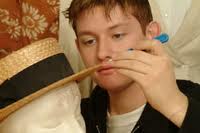
The theatre offers all an opportunity. Although acting is the most visible part of this art form, it is only one of more than 36 different jobs that are a part of putting on a play. Build crew, design, stage management, run crew, box office, publicity and many other areas are essential to successfully getting a show on the boards. There is involvement for all.
The first thing I ever did in the theatre was paint the stage floor. The second was run follow spot. Then I ran the light board. Eventually, I made it into the chorus of a show and so on. All of this was in high school and ever experience was new and challenging (and frightening). But the fact was I did three different shows before I ever stepped on the stage to perform.
Everyone is Important
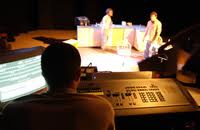
The one thing I did not realize then was that when I was not performing, I was essential to the show. I wish I had been told that. Too often those who are not on stage are seen as being “those who can’t act” rather than “those who possess important skills and talents connected to the theatre experience.”
Many years ago I was teaching an Introduction to Theatre class for majors. The class was composed of students who were in their first college semester.
I asked the question, “Who is the stage manager?”
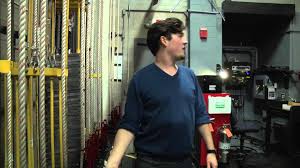
One of the students answered, “Someone who’s not good enough to act.”
It was definitely the wrong answer, and it was an especially bad one to give to a professor who had acted and stage managed on the professional level and who was now a director who knew how essential a smart, dedicated stage manager was to the success of a show.
I asked the first year student where they got that answer? They said from their high school theatre director. The next 30 minutes of that class are a blur, but I know it was a rant that ensured everyone that the wrong answer had been given.
My point is simple: it’s up to all of us, including me, to make the point that everyone working on a show is important or they wouldn’t be there.
Competing Against Yourself
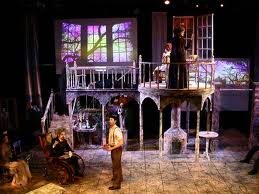
In 40 years as a theatre professional and a teacher, working first as an artist in primary and secondary schools and then at the university level, I’ve found that one of the most important lessons anyone can learn, and theatre teaches this every day, is that they are competing primarily against themselves and that they get more opportunities by working hard, taking on challenges and learning and growing. The more we emphasize this with all students, the better equipped they will be to excel in their chosen field, whether it is the arts, sciences, business, education or any other field.
It’s our hope at BroadwayEducators.com that we can continue to provide you with helpful resources, informative blogs and connections to the Broadway experience that will enrich your lives and the lives of your students. Like life, theatre is an ongoing process of new challenges that lead to learning and growth. Use us as a resource in this process.

 Random Item
Random Item